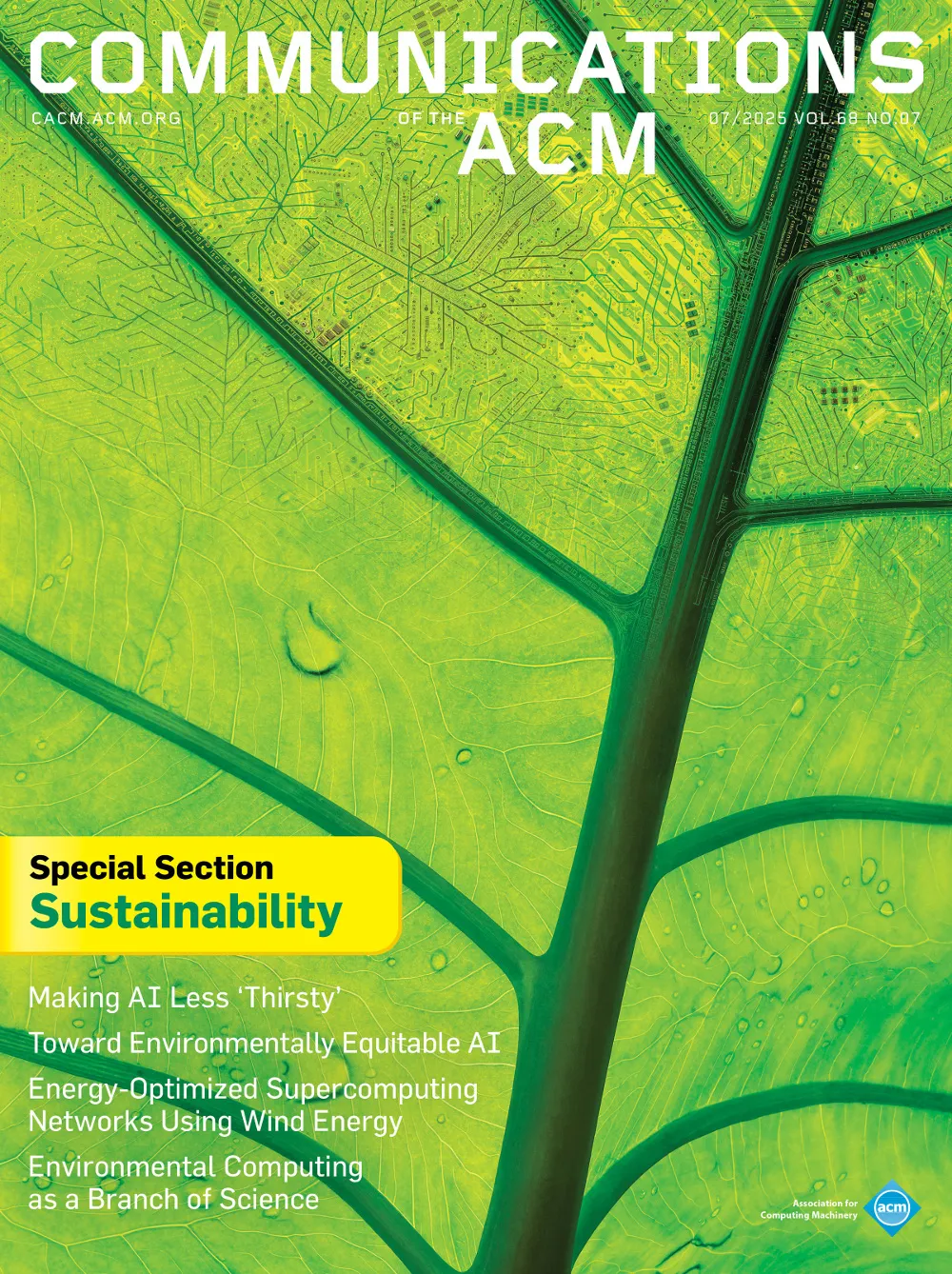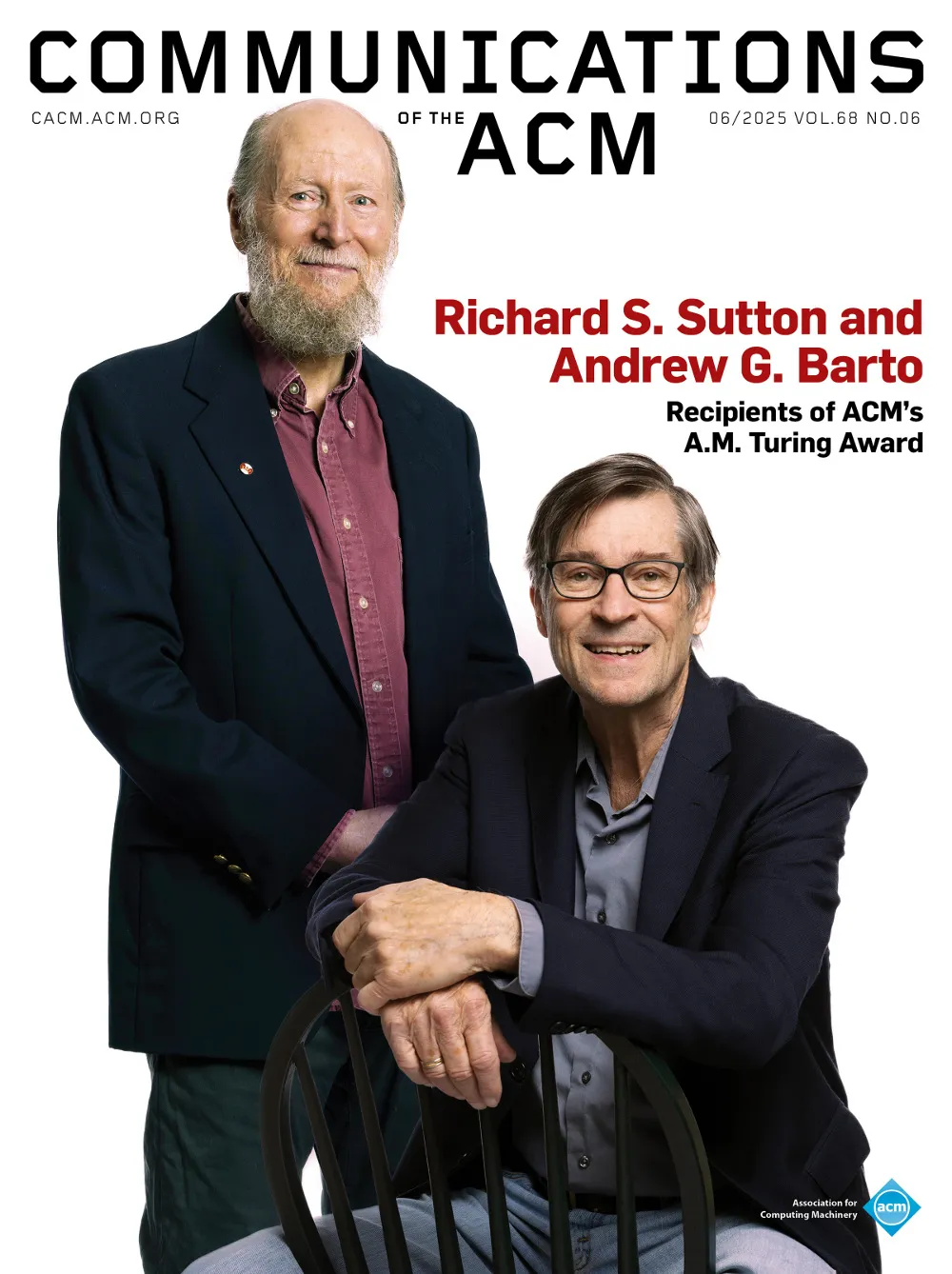August 1987 - Vol. 30 No. 8

Features
One of the primary effects of software abstraction has been to further the notion of computer programs as objects rather than moving programming closer to the problem being solved. Knowledge abstraction, however, allows software to take a significant step toward the problem domain.
A complete set of algebraic laws is given for Dijkstra's nondeterministic sequential programming language. Iteration and recursion are explained in terms of Scott's domain theory as fixed points of continuous functionals. A calculus analogous to weakest preconditions is suggested as an aid to deriving programs from their specifications.
The Computing Research Board's latest survey on the production and employment of Ph.D.'s and faculty in computer science and engineering depicts a young, optimistic discipline where supply may not always meet demand.
Designing large real-time systems with Ada
The programming language Ada encourages improved methods for the design of real-time systems.
An experimental procedure for simulation response surface model identification
An experimental method for identifying an appropriate model for a simulation response surface is presented. This technique can be used for globally identifying those factors in a simulation that have a significant influence on the output. The experiments are run in the frequency domain. A simulation model is run with input factors that oscillate at different frequencies during a run. The functional form of a response surface model for the simulation is indicated by the frequency spectrum of the output process. The statistical significance of each term in a prospective response surface model can be measured. Conditions are given for which the frequency domain approach is equivalent to ranking terms in a response surface model by their correlation with the output. Frequency domain simulation experiments typically will require many fewer computer runs than conventional run-oriented simulation experiments.
Walsh-spectral test for GFSR pseudorandom numbers
By applying Weyl's criterion for k-distributivity to GFSR sequences, we derive a new theoretical test for investigating the statistical property of GFSR sequences. This test provides a very useful measure for examining the k-distribution, that is, the statistical independence of the k-tuple of successive terms of GFSR sequences. In the latter half of this paper, we describe an efficient procedure for performing this test and furnish experimental results obtained from applying it to several GFSR generators with prime period lengths.



